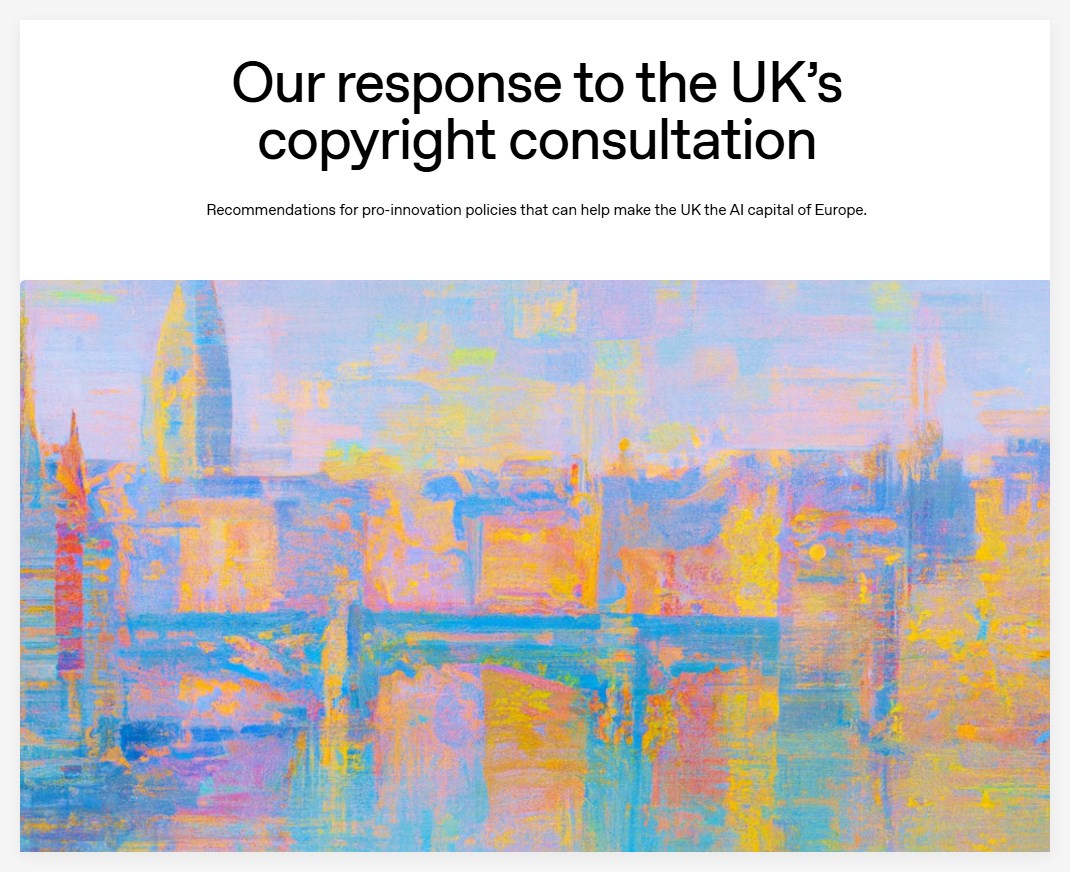Demis Hassabis, co-founder of DeepMind, recently stated in a podcast that the current capabilities of artificial intelligence are overhyped. However, he also emphasized that the long-term potential of this technology, particularly in the realm of Artificial General Intelligence (AGI), remains underestimated.
Hassabis described the public's attention on artificial intelligence as a double-edged sword. While the widespread interest indicates that AI will play a positive role in daily life, this attention also brings a lot of noise. For experts like Hassabis who have been deeply involved in the field of artificial intelligence for many years, seeing the public gradually recognize the importance of AI's future is both gratifying and surreal.

Image source note: The image was generated by AI, provided by the image licensing service Midjourney
Although Hassabis believes that current AI models are over-hyped, he appreciates their ability to infer information about the real world through language learning. He pointed out: "These models learn in an abstract field, yet they can infer information related to the real world, which is quite astonishing."
Hassabis further stated that people have overly high expectations for the short-term capabilities of artificial intelligence. He mentioned that many individuals and startups claim that the technology can achieve goals that are currently beyond the reach of existing technology, calling these claims "crazy ideas," even though the underlying technology does not yet exist, and venture capitalists are still chasing these ideas.
However, Hassabis believes that the long-term potential of artificial intelligence is still not fully recognized, especially in the field of AGI. He predicted that AGI could be achieved within the next decade and that this technology would bring significant potential benefits to humanity, including curing diseases, developing clean energy, and addressing climate change. DeepMind is designed as a 20-year project, expected to be completed around 2030.
Hassabis also emphasized that as AI systems continue to strengthen, it becomes crucial to prevent the risks of human misuse and失控. He called for international cooperation to regulate artificial intelligence and predicted that the technology would be difficult to control effectively within a single country. In the final stage of AGI development, he envisioned a scientific "Avengers" team of the world's top AI researchers coming together to tackle this challenge.









